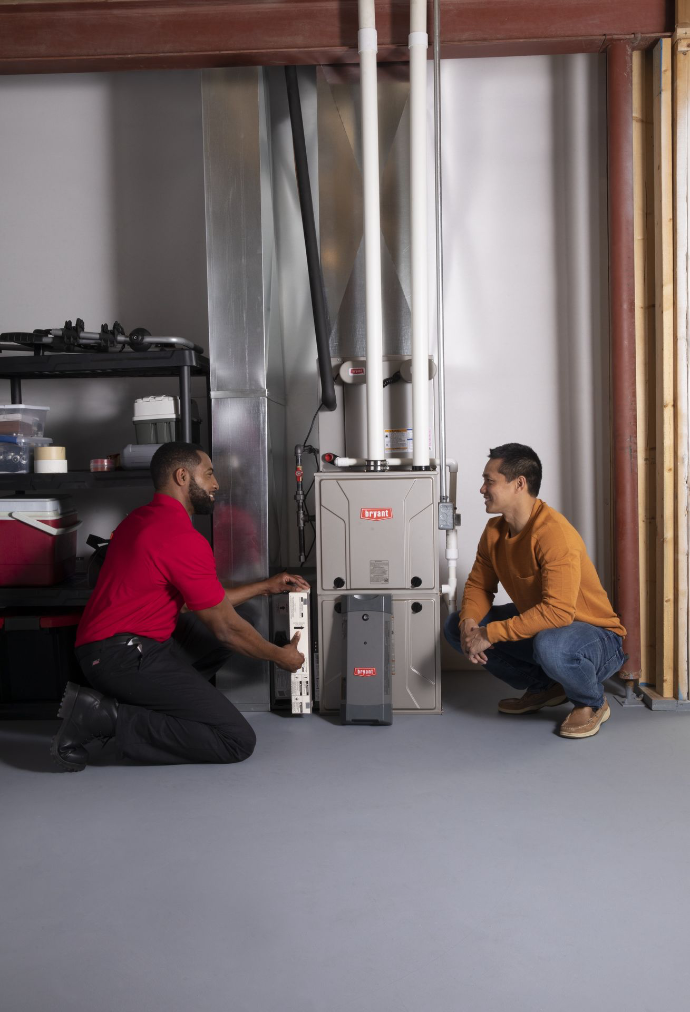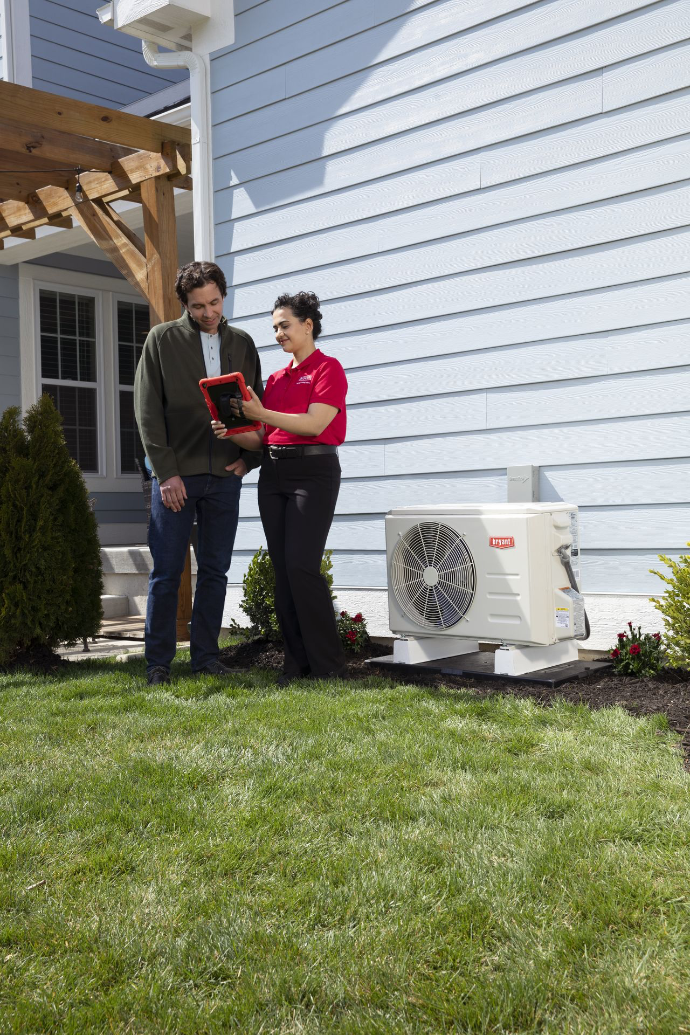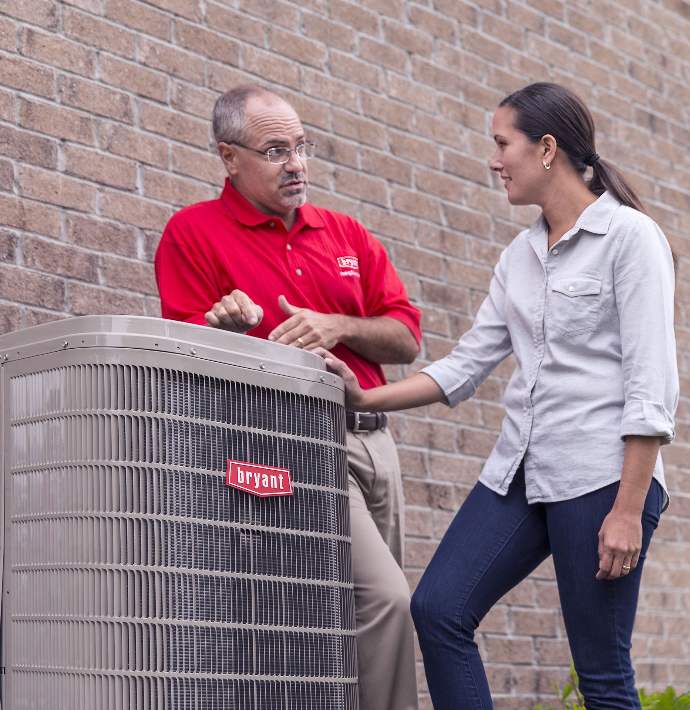Home Heating HVAC in Denver
When winter hits the Front Range, having the right heating system isn’t just about comfort—it’s about reliability and efficiency. Denver homeowners have several options when it comes to keeping their homes warm. Traditional gas furnaces remain one of the most popular choices for powerful, consistent heat. For energy-conscious households, heat pumps—whether electric, gas hybrid, or even geothermal—offer efficient year-round comfort. Many homeowners also choose dual-fuel split systems, which combine a furnace with a heat pump to balance efficiency with performance in Denver’s variable climate. No matter your home size or budget, we can help you choose the best heating solution to keep your family warm all winter long.


